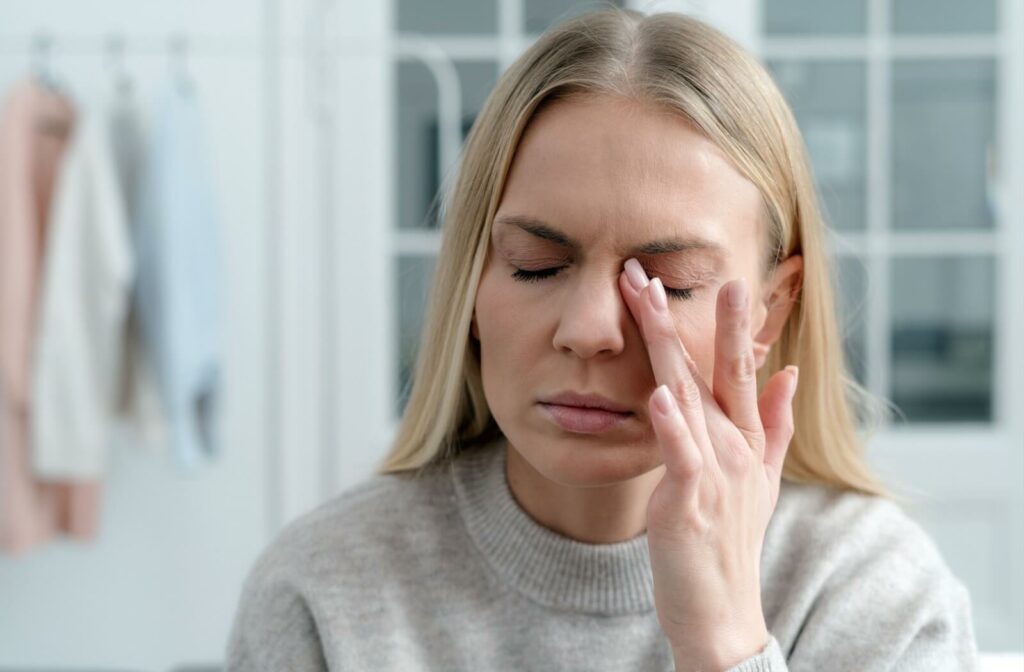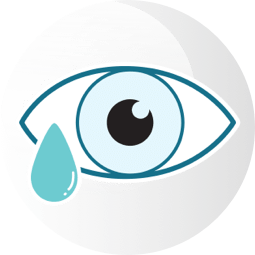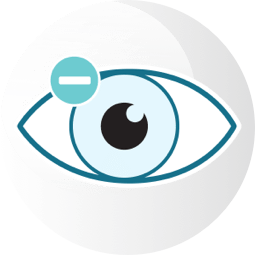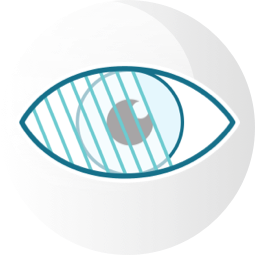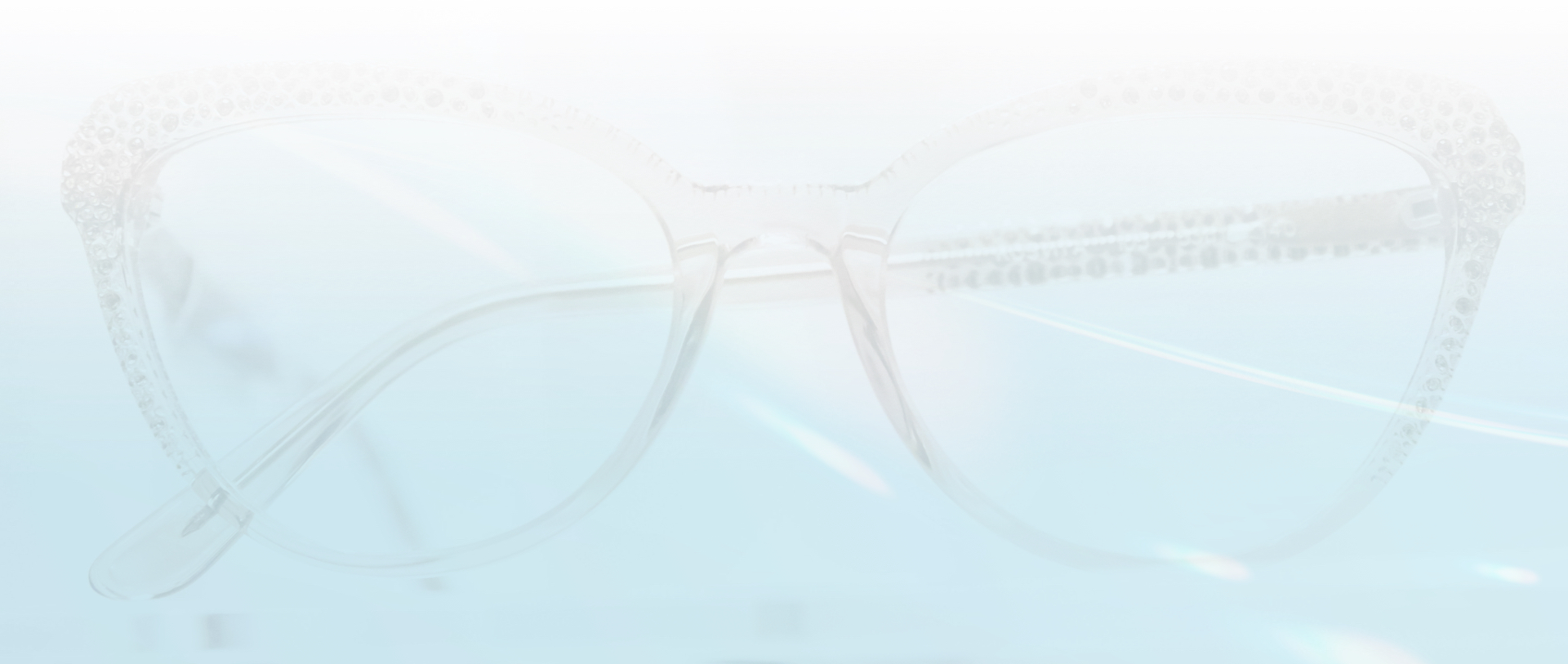Waking up every day with dry, irritated eyes is a quick way to start the day off on the wrong foot. The constant stinging and burning sensations make everyday life significantly harder, and many people find themselves desperate for relief from their dry eyes. So why do you wake up with dry eyes—and what can you do about it?
Reasons you wake up with dry eyes can include:
- Poor sleep
- Allergies
- Medication
- Blepharitis
- Nocturnal lagophthalmos
Poor Sleep
Sometimes, the reason for dry eyes in the morning is simple—you didn’t get enough sleep, and your body is tired and strained.
When you don’t get enough sleep, your body struggles to produce enough tears, which can quickly lead to the burning sensations of dry eyes. Meanwhile, poor sleep also slows the body’s natural healing process. If you have an underlying condition causing your dry eyes, you will likely experience worsening symptoms.
A proper sleep schedule is key, so try to:
- Set a consistent bedtime
- Create a relaxing bedtime routine
- Make your sleep environment comfortable
- Avoid caffeine and large meals close to bedtime
- Stay active during the day
This can significantly affect how your eyes feel when you wake up.
Allergies
When exposed to allergens like pollen, dust, or pet dander, your body’s immune response can cause eye inflammation. This can interfere with tear production, leaving the eyes dried out and easily irritated.
Seasonal allergies are particularly notorious for causing dry eyes. During allergy season, you may notice that your eyes are itchier and drier than usual, especially in the morning. Meanwhile, indoor allergens—such as mold and dust mites—can also trigger symptoms year-round.
To find out if your dry eyes are linked to allergies, try to watch out for other allergy-related symptoms, including:
- Sneezing
- Nasal congestion
- Itchy or watery eyes
- Coughing
- Skin rashes or hives
If these sound familiar, it is likely an allergic response. Try to minimize your exposure to any known allergens, and keep your windows closed during high pollen times. It also helps to clean your home regularly, take antihistamines when needed, and use allergy eye drops to effectively manage your symptoms.
If you still experience dry eyes every morning, visit your optometrist for a thorough consultation. They can examine your eyes to determine the cause of your irritation.
Medication
If you take medication, take a moment to thoroughly read the label. Sometimes, medications can react with one another and irritate the more sensitive parts of the body.
Some common medication culprits of dry eyes in the morning include:
- Antihistamines
- Decongestants
- Blood pressure medications
- Antidepressants
- Acne medications
If you suspect your medication might contribute to your dry eyes, consult a healthcare professional for potential alternatives or solutions. They may be able to adjust your dosage or recommend alternative medication that doesn’t cause unwanted irritation.
Blepharitis
Your eyes are extremely sensitive and lined with tiny follicles and glands. If you do not practice good hygiene or have an overgrowth of bacteria on your skin, you may develop a condition called blepharitis.
Blepharitis happens when the skin and eyelids become inflamed, which can block the oil glands responsible for lubricating your eyes. This causes the eyes to struggle to properly protect themselves, leading to symptoms such as:
- Red, swollen eyelids
- Itchy or burning sensations
- Flaky or greasy eyelid skin
- Watery or dry eyes
- Sensitivity to light
- Blurred vision
These symptoms can be particularly bothersome in the morning. Warm compresses and eyelid scrubs can help reduce the bacterial buildup. In some cases, your optometrist can recommend antibiotics or anti-inflammatory medication to manage your blepharitis effectively.

Nocturnal Lagophthalmos
Nocturnal lagophthalmos is a condition where your eyelids don’t fully close during sleep. This can cause your eyes to become dry and irritated overnight, as they aren’t adequately protected from the air. People with nocturnal lagophthalmos often wake up with dry, red, and uncomfortable eyes.
Several factors can contribute to nocturnal lagophthalmos, including:
- Facial nerve problems
- Muscular weakness
- Underdevelopment
- Anatomical variations
- Recent surgery on or around the eyes
If you suspect that you have this condition, it’s essential to seek an evaluation from an eye care professional. Treatment for nocturnal lagophthalmos requires a specialized, personal approach, and your optometrist can work closely with you to find an answer that suits your lifestyle.
How to Find Relief from Dry Eyes
Dry eyes don’t have to be a daily struggle. By understanding the causes and taking proactive steps, you can wake up with clear, comfortable eyes and enjoy a better quality of life.
At McCauley Celin Eyecare Associates, we understand how frustrating dry eyes can be. Our team is here to help you find relief so you can wake up every day with clear, comfortable vision, so book an appointment with us today.


